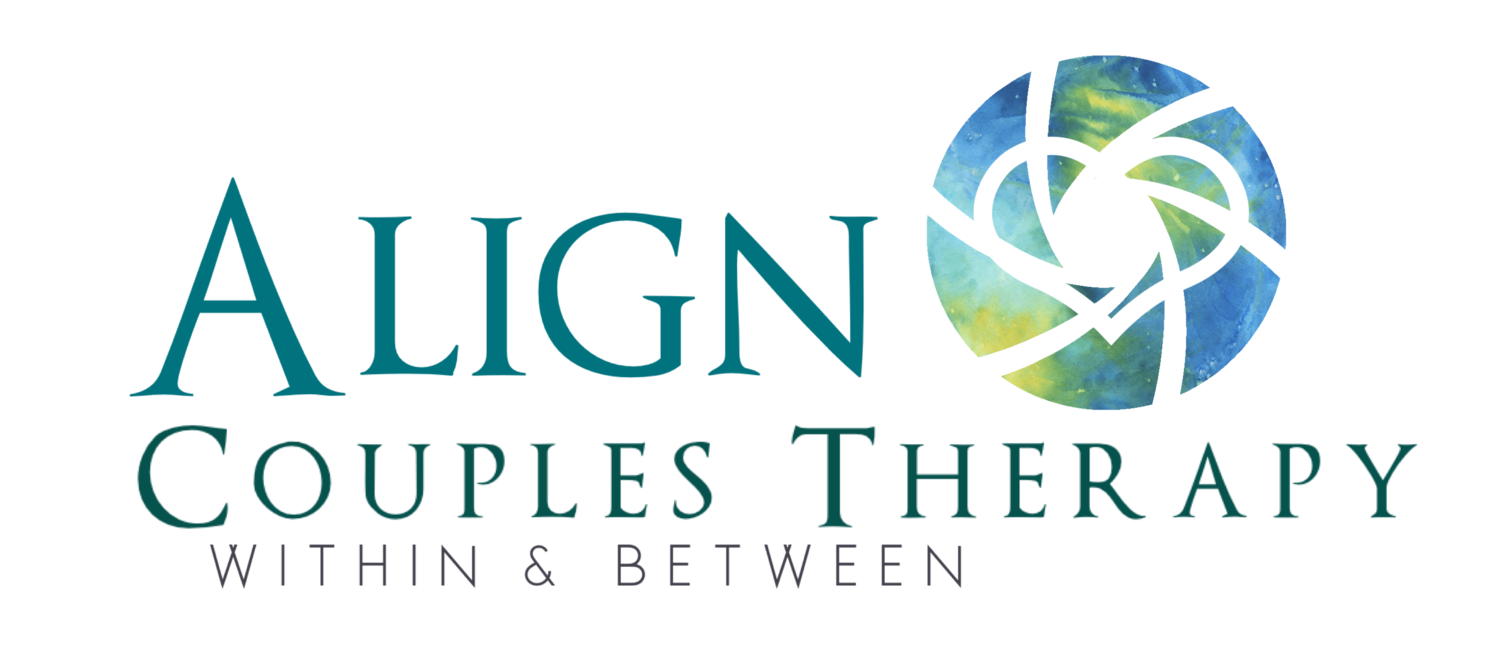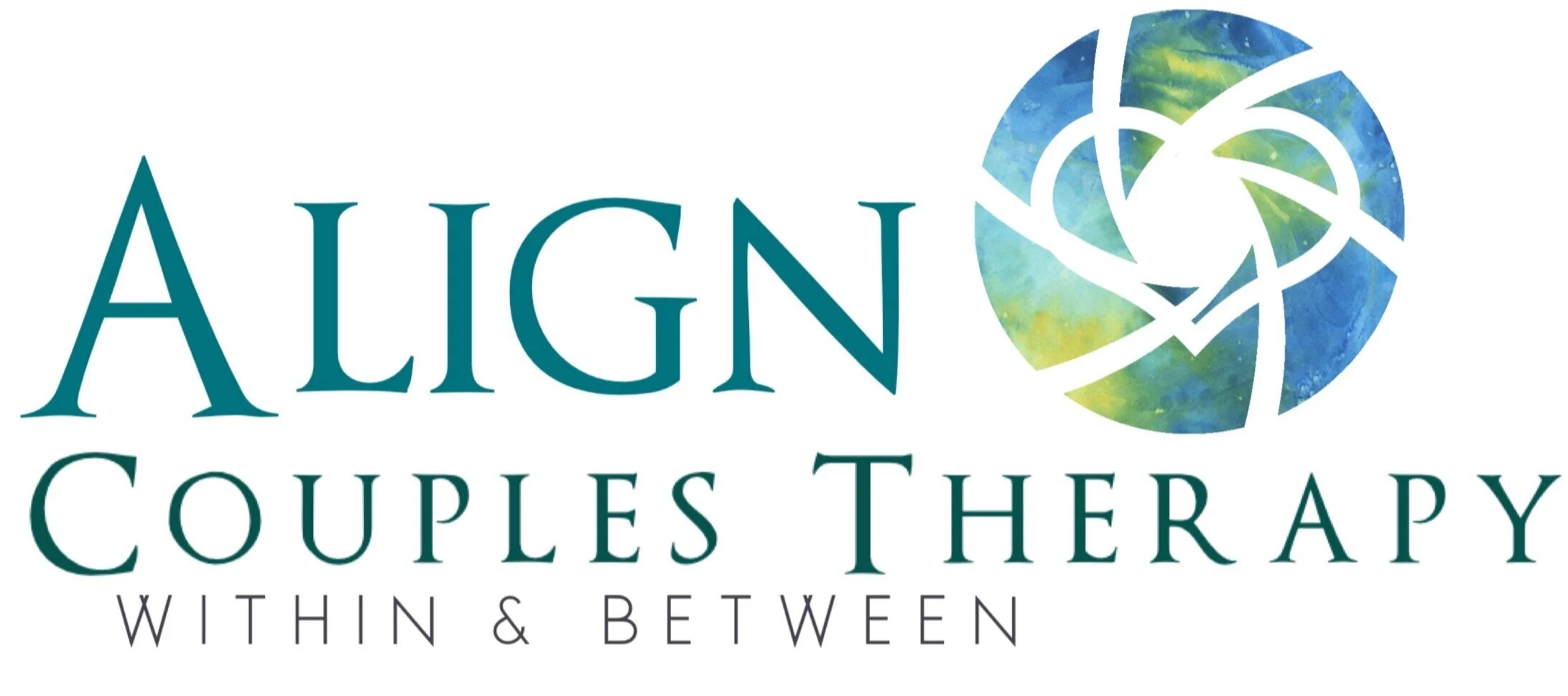Invisible Scars: Recognizing and Addressing the Effects of Trauma in Love
/Trauma can significantly impact a relationship in various ways, as it not only affects the individuals involved but also the dynamics and communication within the partnership. However, before we dive into the impacts of trauma on relationships, it is important to first define trauma.
Trauma’s effect on relationships
Often times, people will associate trauma with witnessing a death, experiencing a terrible car accident, or even having a near-death experience. While these events are definitely deserving of the label “traumatic,” they are not the only types of trauma an individual can experience. Trauma can come in all shapes and sizes. Sometimes trauma is a result of a life-threatening event (such as witnessing a death or a car accident). Other times, trauma is a result of ongoing “little events” that aren’t necessarily life-threatening, but cause a significant amount of emotional distress. Relational trauma is a prime example of a traumatic event that is not necessarily life-threatening, but causes significant amounts of distress for the individual experiencing it.
The Newport Institute defines relational trauma as “a specific type of early childhood trauma [that] occurs when a child’s sense of being safe and loved within the family is disrupted” (Big T vs. little T trauma in young adults: Is there a difference? 2022). Sometimes parents or caregivers may not be able to consistently meet the physical or emotional needs of their children. They may be preoccupied with meeting their own needs or the needs of a partner or sibling. Ultimately, the child’s needs will not be met, in turn causing distressing emotional wounds.
These childhood wounds tend to persist into adulthood and play out repeatedly in adult relationships until the healing process allows for a transformative experience. Sometimes these childhood wounds will be triggered in a heated argument and will often be the cause of escalation in conflict. You and your partner will be talking about who’s supposed to clean the kitchen and before you know it, it’s escalated to one person feeling criticized and the other person feeling unheard. There’s probably a childhood wound that was triggered here for both partners and each had a different trauma response to that wound being poked at.
Now, let’s take a closer look at how relational trauma can affect a relationship:
Communication breakdown: Trauma may make it challenging for individuals to communicate effectively about their emotions and experiences. Partners may struggle to understand each other's reactions, leading to miscommunication and conflicts.
Trust issues and Triggers: Trauma can erode trust within a relationship. If one or both partners have experienced trauma, they may find it difficult to trust each other or to trust that the relationship can provide safety and support. Certain situations or behaviors in the relationship may inadvertently trigger memories of the traumatic event, leading to heightened emotional reactions and distress.
Emotional distance: Coping with trauma can be emotionally draining, leading to emotional distance between partners. One or both individuals may withdraw as a way to protect themselves from potential triggers or emotional pain.
Intimacy challenges: Trauma can affect an individual's capacity for emotional intimacy and vulnerability. This may lead to difficulties in connecting deeply and intimately with each other.
Role changes: In some cases, trauma can cause role changes within the relationship. One partner may take on a caretaker role or become overly responsible for the well-being of the other partner, altering the balance of power and responsibilities. Trauma can sometimes even evolve to codependent dynamics within the relationship, where one partner becomes overly reliant on the other for emotional support or validation.
Insecurity and reassurance seeking: Trauma can lead to feelings of insecurity and a need for constant reassurance from the partner. This seeking of reassurance may become overwhelming and exhausting for both partners.
The impact of trauma on a relationship is complex and can vary depending on the individuals involved and the nature of the trauma experienced. Seeking professional help from a therapist experienced in trauma and couples counseling can be beneficial in addressing these challenges, promoting healing, and fostering healthier relationship dynamics. With the right support and communication, couples can work through the effects of trauma together and grow stronger as a partnership.
Stay tuned for the second installment of this blog series, where we will delve deeper into the practical strategies and essential insights for navigating the complexities of trauma's impact on a partnership. Discover how effective communication, empathy, and self-care play pivotal roles in creating a safe and supportive environment. We explore the importance of seeking professional help, both individually and as a couple, and share valuable coping techniques to foster resilience and growth.
If you recognize that trauma may be having an impact on your relationship, please contact us today, we would love the opportunity to provide you the support you need! Claire Fallin, LPC specializes in working with individuals and couples affected by trauma.
Works Cited
Big T vs. little T trauma in young adults: Is there a difference?. Newport Institute. (2022, June 22). https://www.newportinstitute.com/resources/mental-health/big-t-little-t-trauma/#:~:text=In%20addition%2C%20acute%20psychological%20traumas,but%20do%20create%20significant%20distress.




